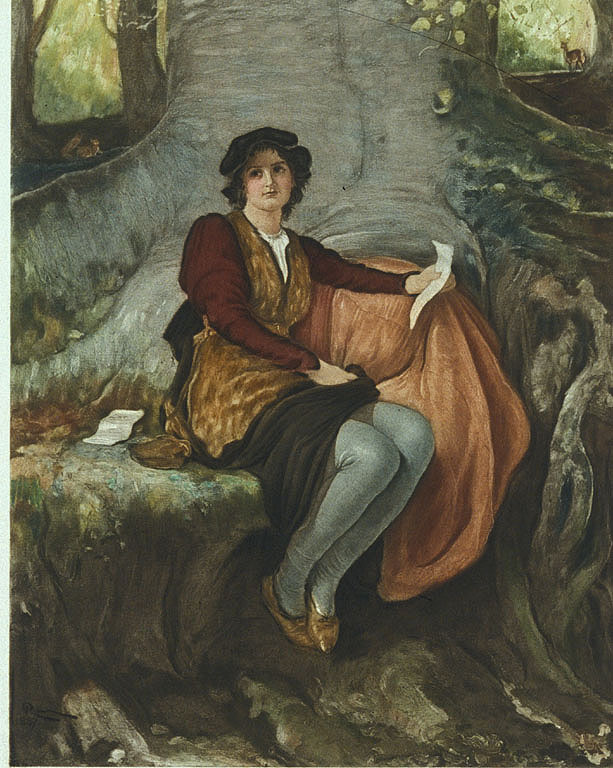Prepping for the Final Exam
We will prepare for the final exam in the weeks leading up to the test by discussing and then voting for passages that you think are important enough to merit being on the exam. We will spend about 10-15 minutes at the beginning of each class discussing the passages that you want. In this manner, we will work through the key units of the syllabus. By the end of our in-class study sessions, we will have about 30 passages that you will have selected and from which I will choose your 6 passage IDs on the exam.
Here's what you need to do:
- Choose a passage from the selected author for that day that you think is really important. You should think like a teacher when you are picking a passage. What passage from the larger work will give you a good, meaty response to show off your mastery of the material from our course? What will showcase your erudition and allow you to push beyond plot summary or superficial readings? What passages provoke discussion and/or close readings?
- Share your ideas with the classroom. If this passage is something that you wrote about in one of your papers, then you already have a leg up; however, you will want to advocate for your passage to your classmates. Therefore, be prepared to talk about why you chose a passage. Think about what stylistic markers you and your classmates can use in order to tell the writers apart from each other. You will talk through this in class.
- We will vote on a number of passages ahead of time, and I will choose from the results of our in-class election when I am selecting my passage IDs.
- Your essay question will not necessarily come from the pre-selected passages.
Usually there are about 6-7 student suggestions or responses, and we debate for about 10-15 minutes before voting. We vote on 2-3 passages. I make a google doc of their responses and share it with the whole class, so that everyone knows exactly what our selections are.
This assignment has been successful for a number of reasons. Although it does make the exam "easier" because they are narrowing down the list of possible ID questions, it also prepares them better for the essay question too, which is completely open-ended. The steady and short study sessions in class help students to review the course material over time, so it's not so overwhelming in the days leading up to the exam. They have time--should they suddenly realize that they don't remember a particular poem at all-- to go back and reread if they need to. Most importantly though, it changes their approach to test-taking. Instead of thinking of the test writer as trying to catch or trick them, students begin to see the test as a culmination of the course, as a sign of their mastery of the course's content. They feel a sense of ownership of the exam, and they recognize that they are co-producers of the knowledge in the classroom.

 RSS Feed
RSS Feed